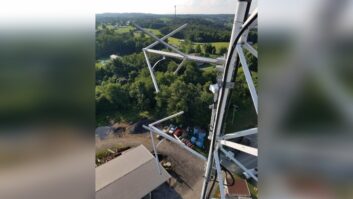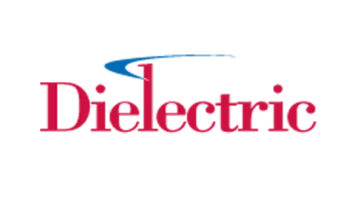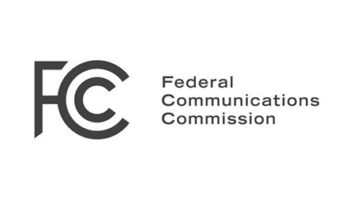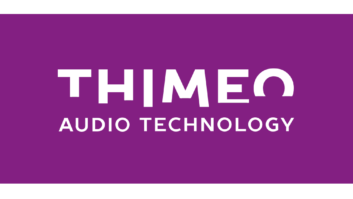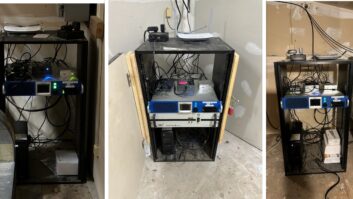“Unfortunate and substantively wrong.”
That’s the reply from a group of broadcast owners to the criticisms they received this week from GeoBroadcast Solutions.
This is a brewing disagreement about separate proposals which nevertheless are related, given that they both seek to envision new and potentially dramatic changes to how FM licensees in the United States are allowed to use the spectrum.
To review the background: Technology company GeoBroadcast Solutions wants the Federal Communications Commission to allow FM stations to air unique content on synchronized FM boosters, to create very localized “geo-targeting” ability, an idea it has been working on for most of the past decade.
A group of two dozen owners collectively called Broadcasters for Limited Program Origination recently told the FCC that if it were to allow that idea, the commission should also allow translators to originate content, potentially an even bigger change in the FM landscape. (Here’s a link to that proposal.)
Boosters and translators were created to help deliver a primary station’s content (on the same or different frequencies, respectively). They are prevented from originating their own content. But the number of translators has skyrocketed in this century due to several factors, most recently the FCC decision to grant AM stations FM translators of their own.
GBS visibly has been working to garner industry support for its idea and would like the FCC to take the next regulatory steps. So one can imagine the reactions in its offices when a group of broadcasters came forth with a call to broaden the discussion to translators. As we reported, the company this week “took issue” with how the broadcast group had connected their proposal to its idea. [Read “GBS Emphasizes That Translator Proposal Is Separate From Its Own.”]
Now the owners have fired back through a statement from their attorney John Garziglia of Womble Bond Dickinson. They say they are just seeking the same opportunity for limited program origination for translators as GBS is asking for boosters.
“GeoBroadcast Solutions’ claim that geo-targeted programming emanating from an FM translator is ‘fundamentally different’ is only true in the sense that GeoBroadcast Solutions will be unable to profit from the proposed FM translator service to the public,” it stated.
“FM translators and FM boosters are both secondary FM facilities carrying the programming of a primary radio station. The only substantive technical distinction between the two is that an FM booster is on-frequency and has a significant potential to cause interference to its primary station’s radio listeners, while an FM translator has no potential of causing such interference.”
The broadcast group said it is not critical of the GBS concept and that indeed it makes “eminent sense for secondary facilities that re-broadcast the programming of a primary station such as FM translators and FM boosters to have the flexibility to be able to broadcast geo-targeted programming that a broadcaster determines will best serve its listening audience, including localized emergency alerts, news, advertising, city council meetings and high school sports games.”
But, they said, this shouldn’t be limited to boosters. In fact, they said, “Multiple FM translators serving different portions of a station’s coverage area could now, but for the FCC’s program origination restrictions, geo-target different areas, since many radio receivers with RBDS will switch frequencies between geo-targeting FM translators carrying the same primary station.”
Touching on an issue of industry concerns about the GBS proposal, the broadcasters said that if translators were to be allowed to work in a geo-targeting capacity, they would not be subject to destructive interference to the primary station’s radio audiences, “unlike FM boosters in which interference may be reduced but never entirely eliminated.”
The group further criticized GBS for “troublesome chutzpa” in comparing its technology work to the innovations of ATSC 3.0. The booster proposal, they said, “is hardly a ‘technological advancement.’” GBS declined further comment.
We’ll see where this goes next. The FCC is taking comments about RM No. 11858 via its comment system by July 23. You can read our coverage of recent comments about the booster proposals here.





